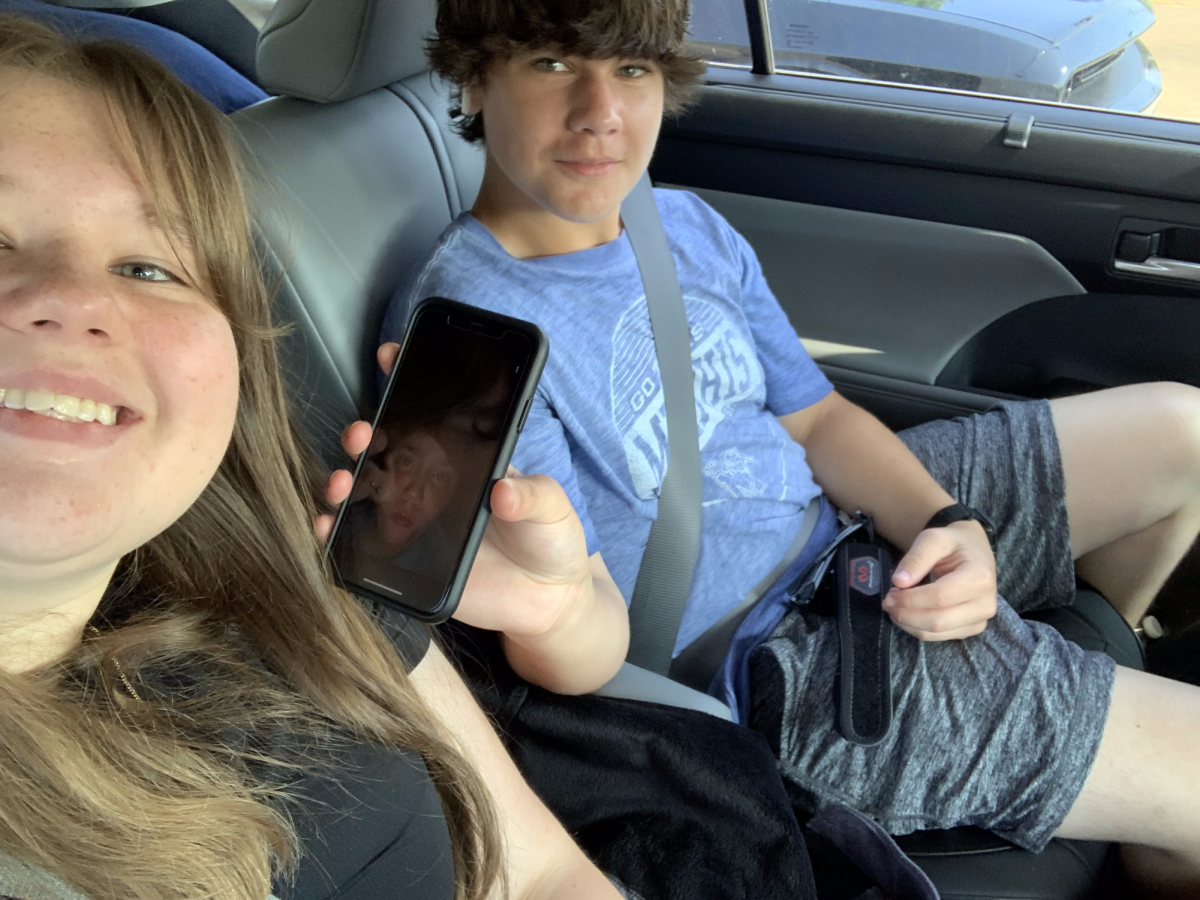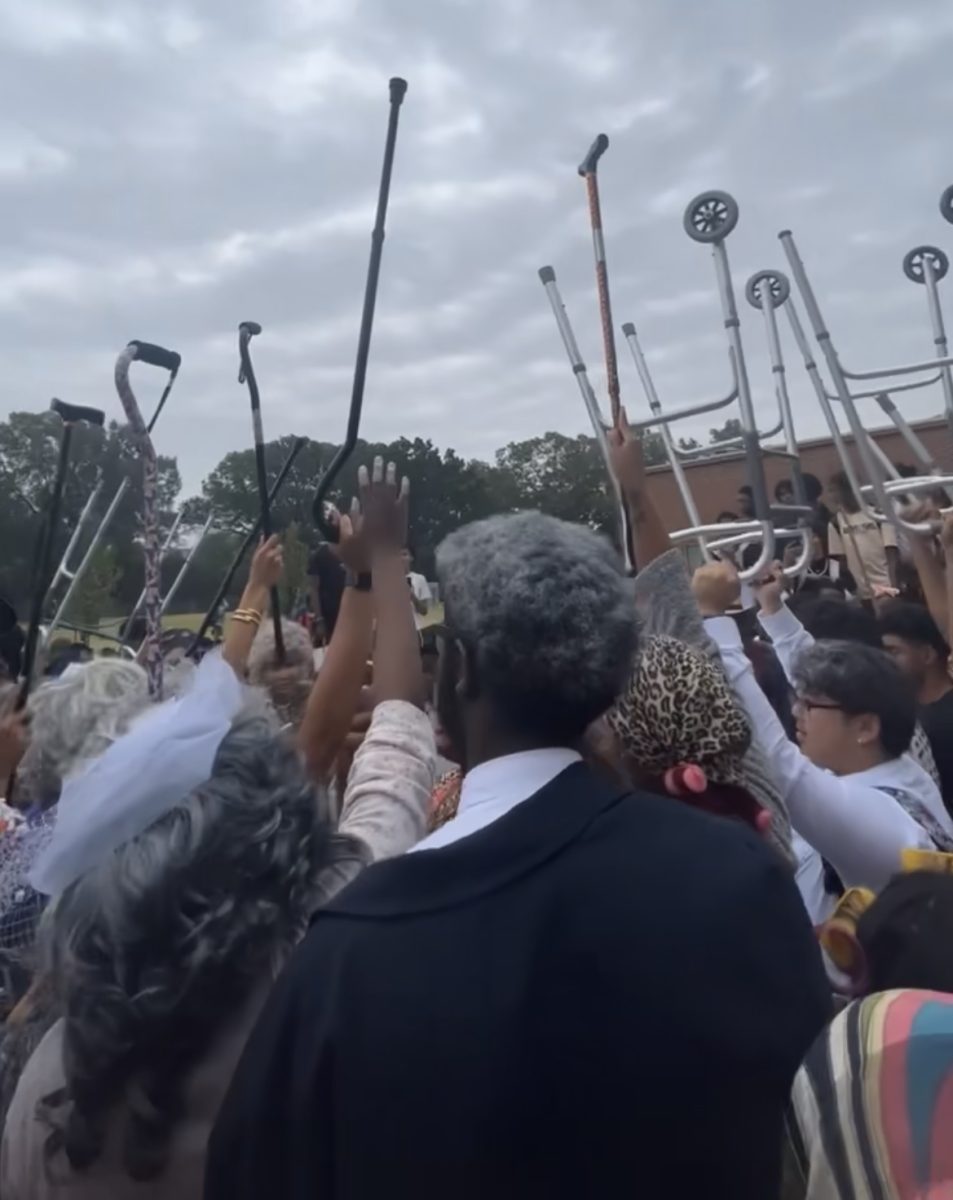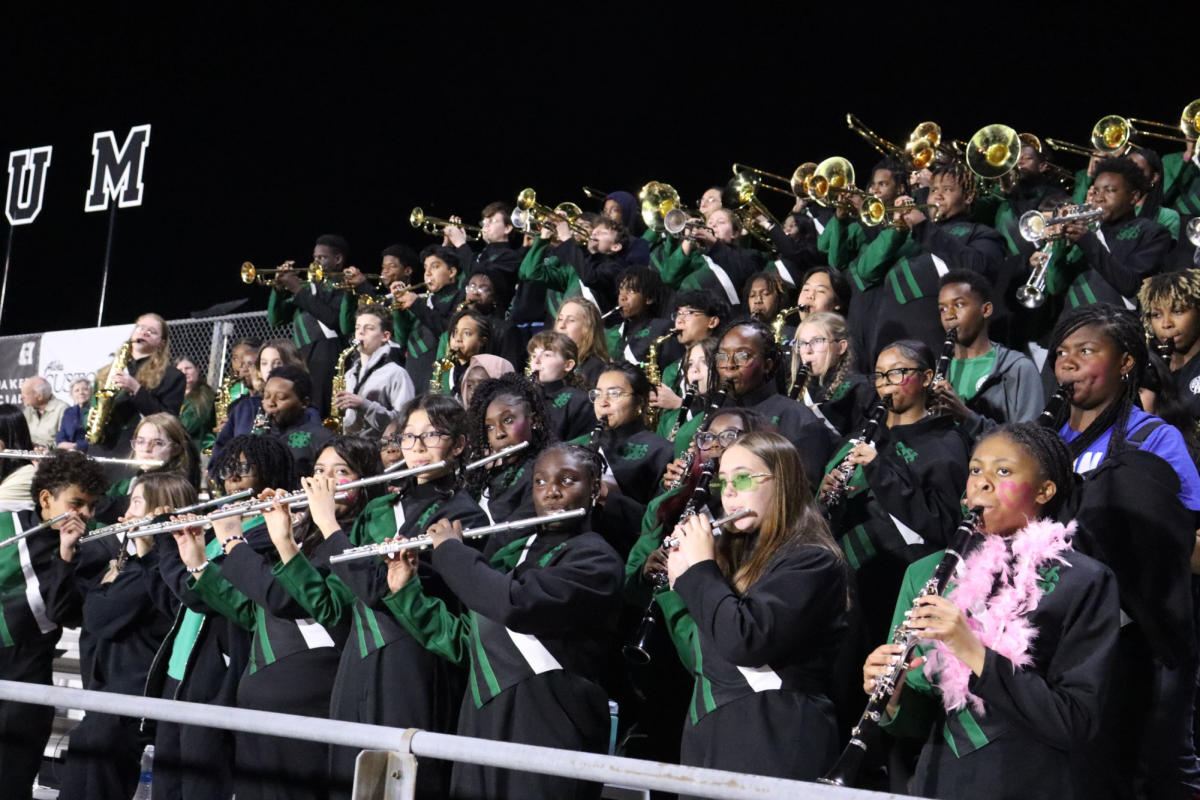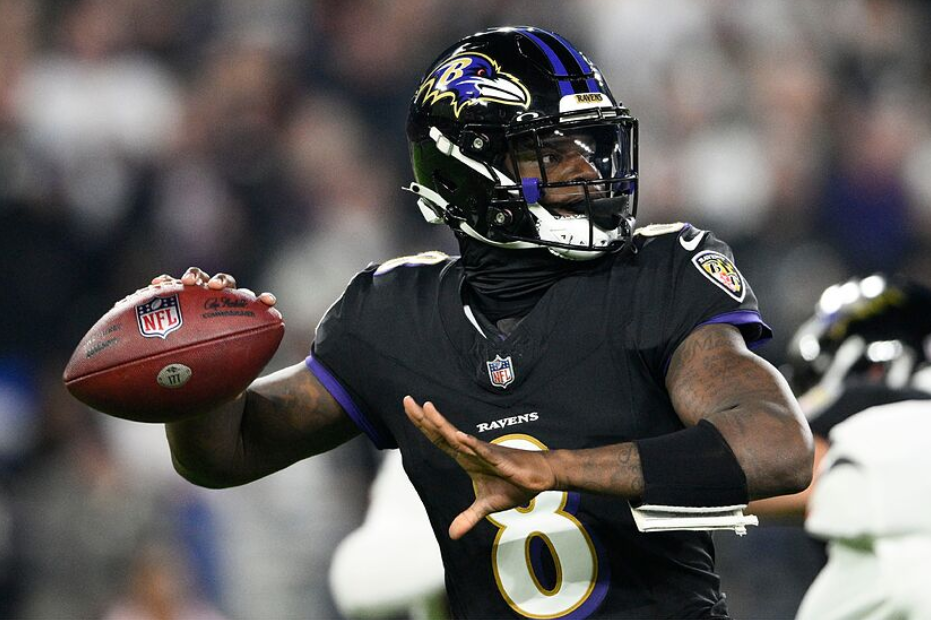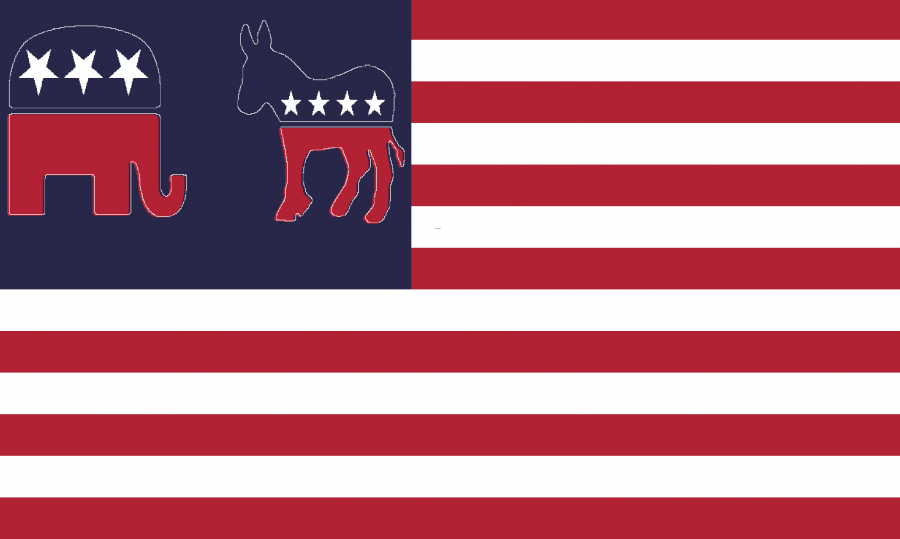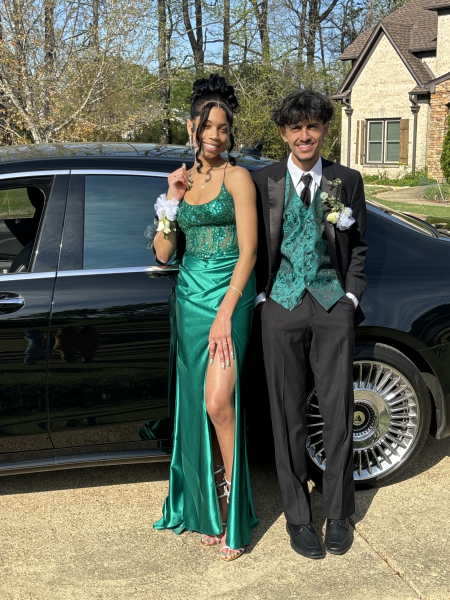On the importance of parties
Democrats and Republicans are more than just donkeys and elephants. They’re the two largest and oldest political parties in our country and are vital to the political process.
With such contrasting views between Democrats and Republicans, conflict between the two parties is inevitable. The question remains: do political parties bring more chaos than order?
The most prevalent argument against political parties is that voters often focus more on a candidate’s affiliation rather than his or her individual policies. But this is not the fault of the parties as a whole. The candidate’s individual views and goals should always be analyzed and considered no matter the party to which they belong. Voters who don’t consider these individual differences are ignorant and more problematic than the political parties themselves.
Another argument is that political parties encourage conflict between politicians. But, again, the parties are not to blame. Conflict between candidates isn’t due to the labelling of their respective political parties, but of the politicians’ values individually. Two politicians could be of the same party and still be at odds. It’s personal beliefs that cause conflict.
Overall, political parties are necessary because they reflect citizens’ values. A democracy should be representative of its country. By requiring a delegate for both the Democratic and Republican Party, our government guarantees that views ranging from liberal to conservative are considered. Without input from both parties, the government could be dominated by one group with homogenous values.
Without political parties, respective election conventions for Democrats and Republicans would no longer exist. Candidates affiliated with conservative views could outnumber those with liberal views, therefore guaranteeing only conservative politicians as presidential candidates. The two-party system doesn’t completely balance Republican and Democratic values, but the differences aren’t as substantial as they would be under a system without parties.
Political parties aren’t just rival groups of clones with identical values. They exemplify the wide spectrum of similar stances. A Republican can advocate higher military spending but denounce lenient gun laws. A Democrat can support social programs but oppose marijuana legalization. No two political party members are the exact same. “Republican” and “Democrat” are mere umbrella terms under which a diverse range of political views fall.
Miraculous things won’t happen if political parties cease to exist. America won’t suddenly become a harmonious utopia. People won’t stop arguing over conflicting political values. Former Republicans and Democrats won’t forget all of their differences and sing “Kumbaya” around a campfire together.
Politicians will always be corrupt, animosity will always exist and voters will always use bias when considering candidates. Yet, eradicating political parties is not the miraculous solution.
Grouping of similar beliefs or rivalry between contrasting values will exist in any political system. Abolishing political parties may remove Democrats and Republicans, but it will never remove the natural rivalries that define our government.
Your donation will support the student journalists of White Station High School. Your contribution will allow us to purchase equipment and cover our annual website hosting costs.



